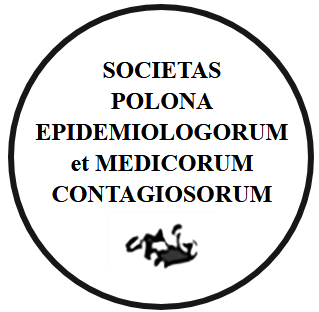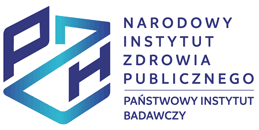ABSTRACT
BACKGROUND. It is essential to deliver specialist human immunodeficiency virus (HIV) care with maximum effectiveness, but also minimum time delay. Therefore, we aimed to determine whether rapid linkage to care defined as starting combined antiretroviral therapy (cART) on the day of the first visit at the HIV clinic is a costeffective approach.
METHODS. In the analysis, Markov’s lifetime model presented in our previous study was implemented. The inputs used in the model were updated in the terms of costs, life expectancy, and patient characteristics. For the analysis we used information from the previous model about the additional costs of treatment and qualityadjusted life years (QALYs) lost in the life horizon for people newly infected with HIV. The number of newly infected persons was estimated based on available data.
RESULTS. Input data was available for 344 men having sex with men (MSM) who registered in the HIV specialist care between 2016 and 2017. The estimated QALY loss due to lack of rapid treatment initiation, where the viral load is not (was) taken into account, equals 0·018 (0·022), 0·039 (0·047), 0·131 (0·158) respectively in low, medium and high risk transmission groups. Rapid cART initiation was dominant regardless of the chosen scenarios.
CONCLUSIONS. Cost-effectiveness analysis considering the HIV transmission indicates that the rapid initiation of HIV treatment is a cost-effective and potentially cost-saving approach to improve HIV care and reduce HIV transmission in Central and Eastern Europe.
You can change cookies settings in your browser. Restricted use of cookies in the browser configuration may affect some functionalities of the website.




